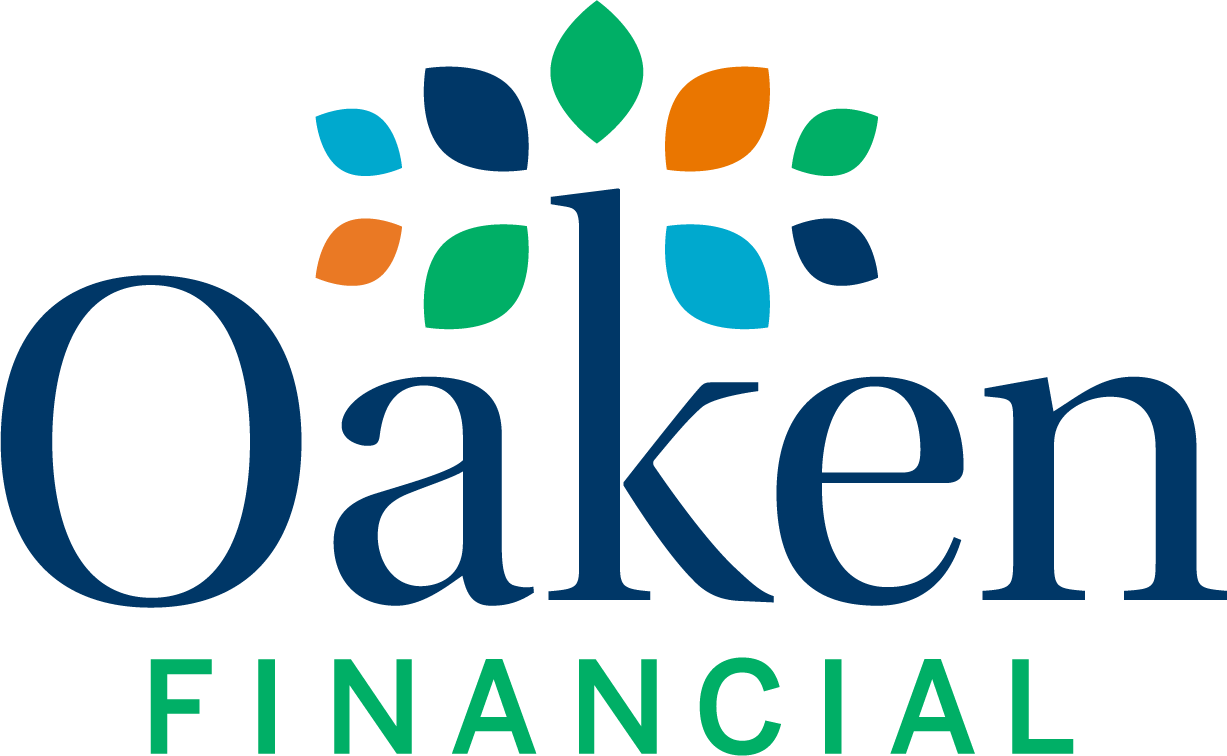Having a baby for the first time (or another child) is exciting, but stressful at the same time. You’ll be dealing with a lack of sleep, constant feedings, diaper changes and quite often, a significant drop in income.
Expenses you’ve never had to deal with in the past will all of a sudden start adding up and it could cause some severe anxiety. Although things will be challenging at times, managing your money on parental leave can be a little easier if you take the time to prepare yourself.
If you’re thinking about having a child in the future, it doesn’t hurt to start saving some money now. Most people factor in one-time expenses into their budgets such as a stroller, crib and car seat, but often they forget to put aside some money for themselves.
Don’t buy everything new
Naturally, many parents want to buy everything new for their children but buying used can save you a lot of money. How much are we talking about? Generally speaking, it shouldn’t be too hard to find used baby items for more than 50% off the original price.
You don’t need to buy everything used of course, but why pay full price when you don’t have to? Babies grow fast, so a lot of the things you’ll find online are sometimes like new. Alternatively, you could accept used clothes from friends and family whose children have outgrown them.
Update your budget
Updating your budget can happen before or after your child arrives, but the earlier you do it, the more time you have to prepare. It won’t be difficult to figure out your new income once one parent is off, but it can be tricky to estimate all the new expenses since you might be dealing with them for the first time.
New expenses and a lower income will throw off any budget, which is why you want to make some changes now. You’ll likely save money on transportation costs and eating out while one parent is off, but you’ll also want to consider slashing some other expenses such as streaming services, your cell phone plan and even savings.
Sure, keep your monthly contributions going to your RRSP or TFSA if you can afford it, but there’s no shame in cutting back or stopping things completely when there’s less money coming in.
Apply for government programs
For those who are employed and have worked 600 insured hours, you could qualify for employment insurance (EI) maternity and parental benefits. Check the Government of Canada website for program details and to see if you qualify.
Maternity benefits give biological mothers 15 weeks of EI maternity benefits. There are also standard parental benefits that run a maximum of 35 weeks where you would be paid 55% of your average weekly insurable earnings up to a maximum amount. As of January 1, 2021, the maximum insurable earnings will increase from $54,200 to $56,300, and either parent can take the 35 weeks, or it can be shared.
If you prefer, you can choose to extend parental benefits up to 61 weeks of EI, but if you do so, you’ll only get 33% of your average weekly insurable earnings up to a maximum amount.
In addition, there’s the Canada Child Benefit that provides tax-free monthly payments to eligible families. You can apply for the CCB as soon as your child is born, or when your child starts to live with you.
Be flexible
It doesn’t matter if this is your first child or your third, there’s no way to accurately predict or budget for every eventuality. Life has a way of throwing you curveballs, so try to be as flexible as you possibly can.
You might need more time off, or you may be able to go back to work early. Unexpected expenses may come up, or you may find you’re saving more than you anticipated. Trying to stick to your budget is a noble cause, but sometimes things happen, so try to go with the flow.
Think about life after parental leave
Many people get excited to head back to work since they’ll return to their regular pay, but if you’re paying for childcare, you may wonder if it’s even worth it. Depending on where you live, the cost of daycare can be expensive, so it might make more sense for one parent to stay at home a little longer instead of immediately jumping back into the workforce.
Final thoughts
Managing your money while on paternal leave will always feel like a juggling act, but by having a budget and adjusting to things as they come, you’ll hopefully be able to handle any situation.



 Saving strategies
Saving strategies